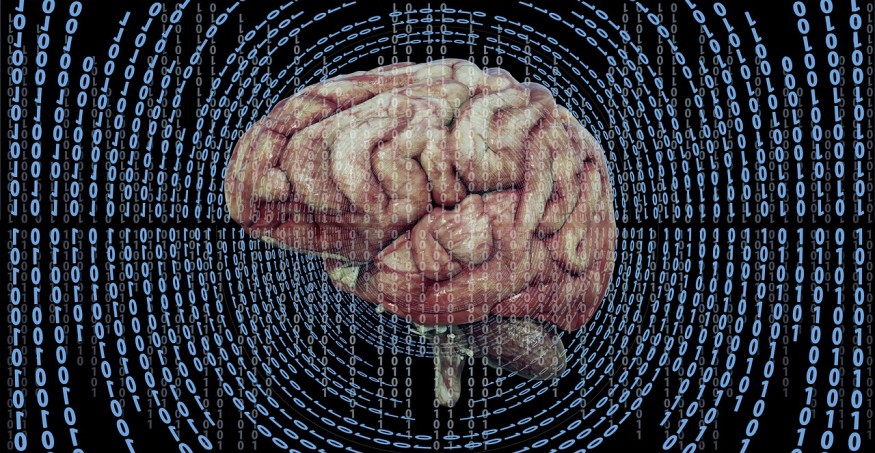
A groundbreaking study led by UCLA Health unveils the transformative power of repetitive practice in enhancing not just skills, but also the brain's memory pathways, as published in the prestigious journal Nature and co-led by Rockefeller University.
This research aimed to delve into how the brain's capacity to retain and process information, referred to as working memory, is bolstered through consistent training efforts. To investigate, scientists engaged mice in identifying and recalling a sequence of odors over a two-week period.
Employing a state-of-the-art, custom-built microscope capable of capturing cellular activity in up to 73,000 neurons simultaneously across the cortex, researchers monitored neural patterns in the mice as they honed their olfactory task.
The study uncovered a remarkable evolution in the working memory circuits situated in the secondary motor cortex as the mice repeated the task over time. Initially, during the learning phase, memory representations exhibited instability.
However, with repeated practice, these memory patterns underwent a process of solidification or "crystallization," as elucidated by corresponding author and UCLA Health neurologist, Dr. Peyman Golshani. Dr. Golshani likened the evolving neural activity to a musical composition, wherein the brain's melody transformed from fluctuating notes to a refined and harmonized tune with continued practice.
"If one imagines that each neuron in the brain is sounding a different note, the melody that the brain is generating when it is doing the task was changing from day to day, but then became more and more refined and similar as animals kept practicing the task," Golshani explained, according to Neuroscience News.
These findings offer crucial insights into the phenomenon of skill enhancement through repetitive practice, shedding light on why performance becomes more accurate and automatic over time.
Dr. Golshani emphasized the broader implications of this research beyond enhancing our understanding of learning and memory, noting its potential relevance in addressing memory-related disorders.
The study, spearheaded by Dr. Arash Bellafard, a project scientist at UCLA, in collaboration with Dr. Alipasha Vaziri's group at Rockefeller University, marked a significant stride in unraveling the intricacies of memory formation and retention in the brain.
